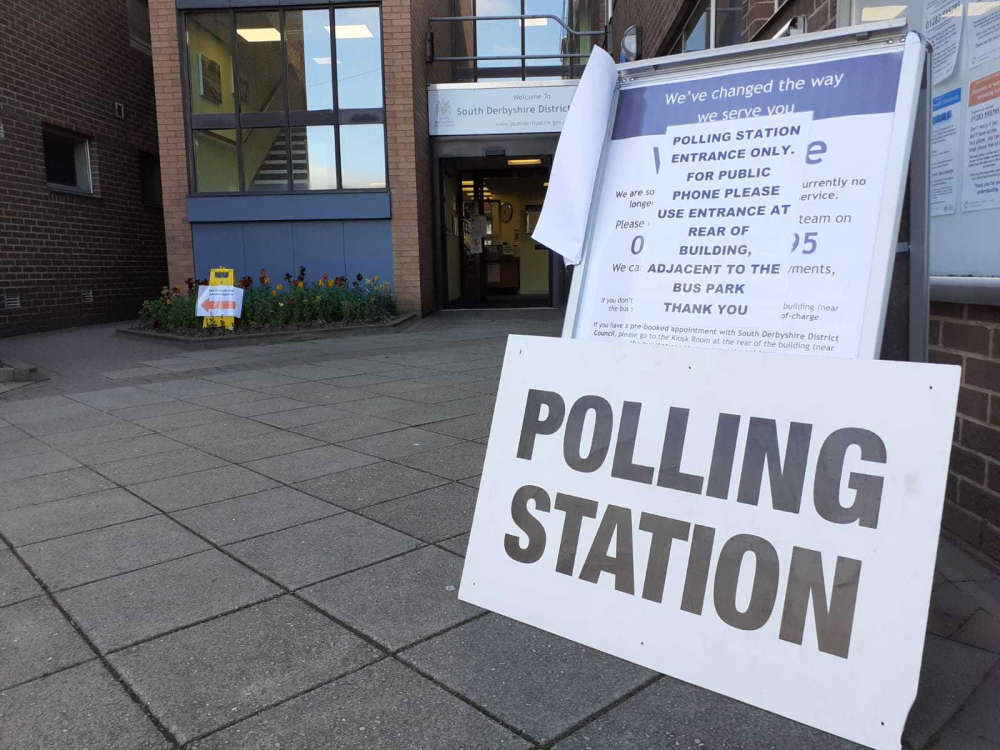Public bodies and housing associations are being urged to use their purchasing power to tackle inequality within local communities in a new guide published on 29th March by the BetterForUs campaign 2020-4.
Procurement for Community Public Good provides a route map to how commissioners and communities can collaborate to deliver change across the UK through the adoption of fair procurement principles.
The Guide highlights how authorities can make use of existing laws to tackle disadvantage. It also pinpoints the importance of the Sustainable Development Goals in developing coherence and consistency in delivering public value commissioning across the UK.
The Guide is published in advance of BetterForUs research which shows that commissioners are not effectively making use of existing powers within current procurement law.
Regulation 20 of the Public Contracts Regulation 2015 and Regulation 21 of the Public Contracts (Scotland) Regulations provide that commissioning bodies can reserve contracts for positive action programmes and organisations that tackle disadvantage.
Between 2015 2020 only eight organisations chose to make use of such provision, with Scotland and Wales leading the way and England and Northern Ireland falling behind.
The UK government is currently reviewing procurement law which is a devolved matter in the UK and the BetterForUs Campaign is urging it to retain positive action programmes as an integral part of levelling up.
Katharine Sutton, Director of BetterForUs said: Lack of investment in the everyday economy is leading to neglected communities and widening inequalities within the community. Public commissioners can help shape local markets and connect them to the needs of people thereby strengthening public services and building community resilience.
"If only one percent of the procurement spend in the UK was reserved for positive action employment programmes this would generate £2.9 billion for local communities. Now is the time for public authorities and housing associations to maximise their public spend by providing sustainable employment with fair pay and conditions where people are treated with respect.

 Giving Lottery Result for Saturday 5th April 2025
Giving Lottery Result for Saturday 5th April 2025
 Derbyshire Police detail extent of blank firing guns and ammunition handed in during amnesty
Derbyshire Police detail extent of blank firing guns and ammunition handed in during amnesty
 May County Council election candidates announced for Erewash
May County Council election candidates announced for Erewash
 County council candidates revealed
County council candidates revealed




